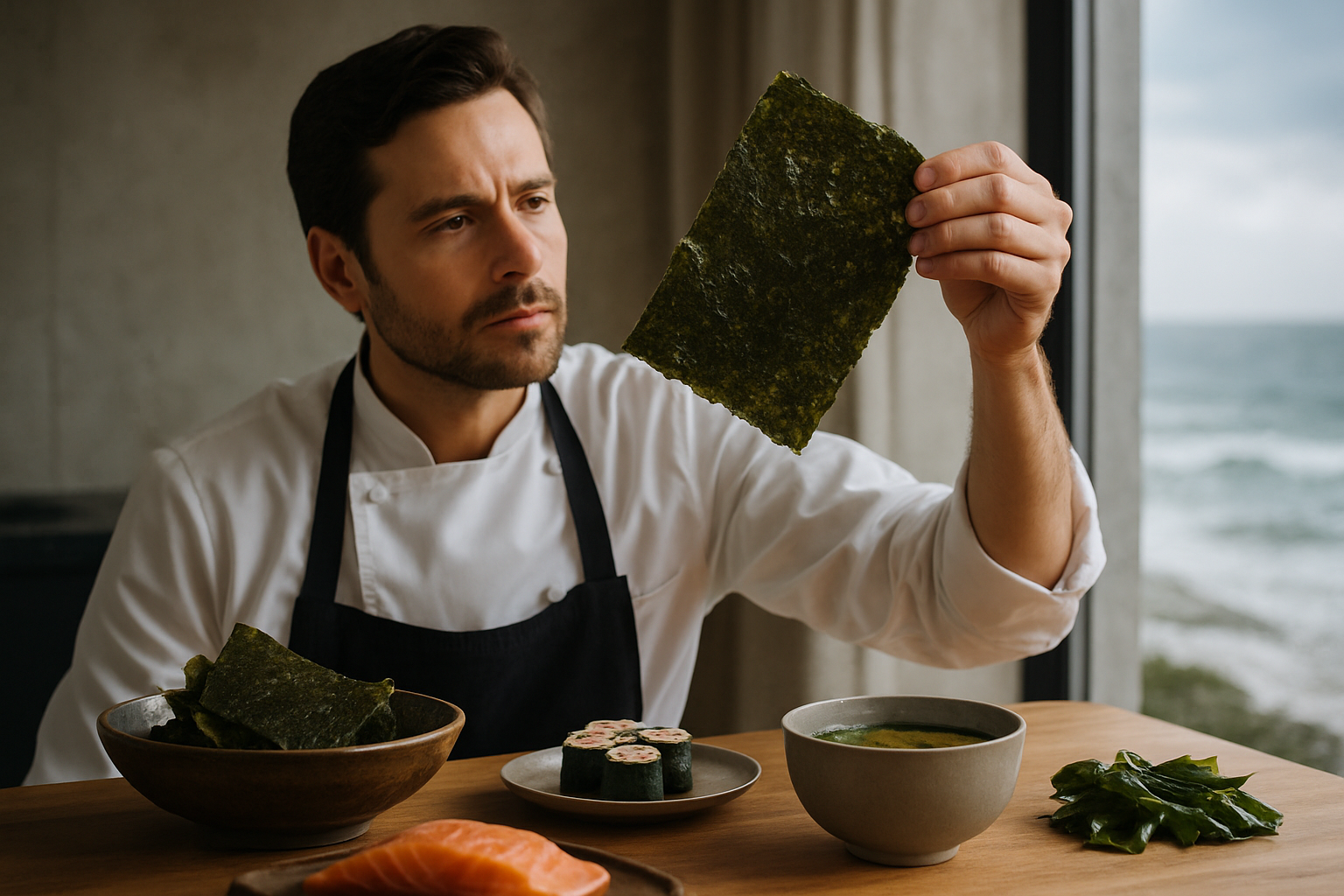Exploring the World Through Culinary Odysseys
Embark on a gastronomic adventure that transcends borders and cultures. Culinary odysseys are redefining travel experiences, offering a unique lens through which to explore the world. From street food tours to cooking classes with local chefs, food-focused journeys provide an immersive way to connect with destinations, their people, and their traditions. This article delves into the rising trend of culinary tourism and its impact on global travel.

The Psychology Behind Culinary Tourism
Food is a universal language that transcends cultural barriers. It engages all our senses and has the power to evoke memories and emotions. For travelers, experiencing local cuisine offers a tangible connection to a place and its people. This sensory immersion allows for a deeper understanding of cultural nuances and traditions that might otherwise be overlooked. The psychology behind culinary tourism is rooted in the human desire for novelty, exploration, and connection.
Diverse Forms of Culinary Odysseys
Culinary odysseys come in various forms, catering to different interests and travel styles. Food tours led by local experts offer insights into regional specialties and hidden gems. Cooking classes provide hands-on experiences, allowing travelers to learn traditional techniques and recipes. Farm-to-table experiences connect visitors with local producers, highlighting the importance of sustainable agriculture. Wine and spirits tours showcase the artistry behind local beverages, often set against stunning landscapes.
The Impact on Local Communities
The rise of culinary tourism has significant implications for local economies and cultural preservation. It creates opportunities for small businesses, from family-run restaurants to artisanal food producers. This economic boost helps sustain traditional culinary practices that might otherwise be lost to modernization. Moreover, it fosters cultural exchange, as travelers gain a deeper appreciation for local customs and ways of life through shared meals and cooking experiences.
Challenges and Considerations
While culinary tourism offers numerous benefits, it also presents challenges. Over-tourism can strain local resources and lead to the commercialization of food cultures. There’s a risk of dishes being modified to cater to tourist palates, potentially diluting authentic flavors and traditions. Sustainability is another concern, as increased demand for certain ingredients can impact local ecosystems. Responsible culinary tourism requires a balance between exploration and preservation.
The Future of Culinary Odysseys
As travel continues to evolve, culinary odysseys are poised to play an even more significant role. Technology is enhancing these experiences, with apps and platforms connecting travelers to unique dining opportunities and local food experts. Virtual cooking classes and food tours emerged during the pandemic, offering a taste of distant cultures from home. Looking ahead, we can expect to see more personalized culinary itineraries, fusion experiences that blend different food cultures, and a greater emphasis on sustainable and ethical food tourism practices.
Savoring the Journey: Tips for Culinary Explorers
-
Research local etiquette and dining customs before your trip
-
Venture beyond tourist areas to find authentic local eateries
-
Learn a few food-related phrases in the local language
-
Be open to trying unfamiliar dishes and ingredients
-
Consider food allergies and dietary restrictions when planning your culinary adventure
-
Participate in cooking classes or market tours for hands-on learning
-
Document your culinary experiences through photos or a food journal
-
Support local businesses and sustainable food practices
A Feast for the Senses
Culinary odysseys offer a rich, multifaceted approach to travel that engages all the senses. By exploring the world through its flavors, aromas, and culinary traditions, travelers gain a profound understanding of different cultures and ways of life. As this trend continues to grow, it promises to reshape the travel landscape, fostering deeper connections between people and places. Whether you’re a dedicated foodie or simply curious about global cuisines, embarking on a culinary odyssey can transform your travel experiences, creating memories that linger long after the journey ends.






